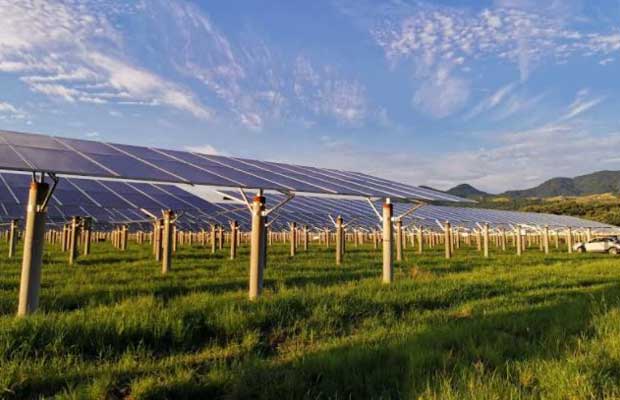The Ministry of Agriculture and Cooperative of Thailand has announced plans to install solar power panels on at least one million of farms as a pilot project. With this move, the Ministry is targeting to reduce electricity bills of farmers by 20-30 per cent in next 15-20 years.
Deputy Agriculture Minister Praphat Phothasuthon says that Thailand, like other countries, is facing an energy crisis owing to rising fuel prices. Sri Lanka, another littoral in the Indian Ocean that counts on tourism revenues as a key inflow, already has an economic emergency declared in the country.
The ministry will issue a non-fungible token named ‘Solar Panels NFT for Thai Farmers’ of 697 billion baht that will allow trade with international investors in Singapore.
Praphat Phothasuthon informed that money raised from the cryptocurrency will be used to buy high-quality solar panels and will be distributed to farmers. This is expected to reduce electricity bills of the farmlands and also arrest greenhouse emissions of Thailand to some extent. The minister says that electricity generated from solar installations can power farm machineries like electric tractors, milling machines and crop-spraying drones.
The project might be even expanded to households and businesses of Thailand. The government will first hold talks with public and private sectors to boost confidence among global investors.
Thailand has just 11 per cent of its energy being harnessed from renewable sources. According to the Energy Policy and Planning Office (EPPO), Thailand had 55% of its power coming from natural gas in October 2021. Thailand continues to rely heavily on fossil fuels. Thailand Prime Minister Prayut had committed at COP-26 held in Glasgow in 2021 that Thailand will be carbon neutral by the middle of this century. He also said that Thailand will become net-zero greenhouse emitter by 2065.
Solar power development is taking off in Thailand. World’s largest hydro-solar farm was just inaugurated at Sirindhorn Dam with 720,000 square meters of solar panels installations which can reduce 47,000 tonnes of CO2 annually. This is the first of 15 solar farms planned by the Thailand Government by 2050.

